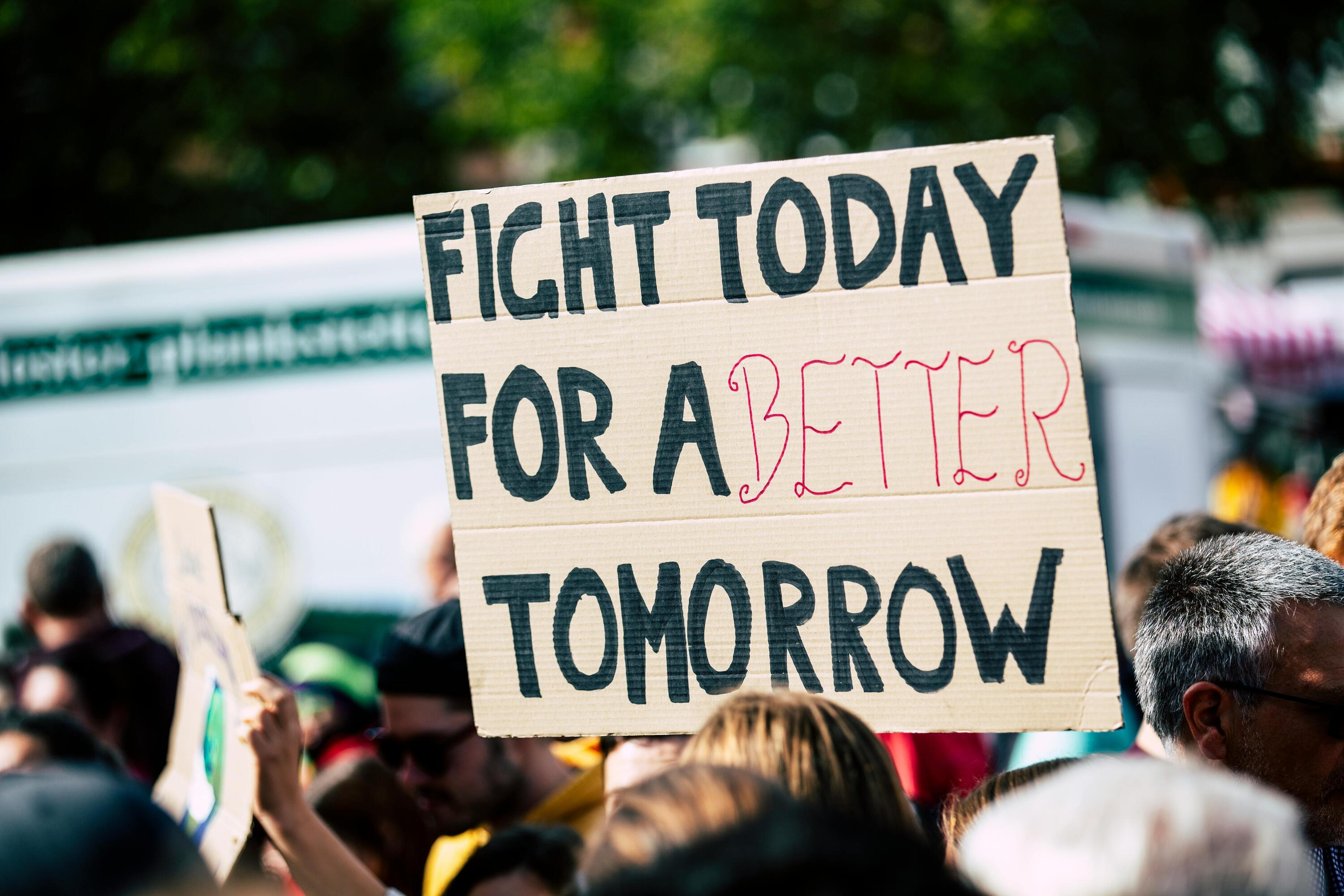Transgender Studies Reading Group

Event description
- Academic events
- Free
- Inclusion
Hosted by ASU School of Social Transformation's Assistant Professor Sa Whitley, the Transgender Studies Reading Group is an informal place for ASU faculty, students and staff to discuss scholarship in Transgender Studies in conversation with contemporary art and politics. Participants will read and discuss a few scholarly articles in the field at each meeting. This January session is co-facilitated by Lore/tta LeMaster, an Assistant Professor in the Hugh Downs School of Human Communication and an ASU student. Venue location and lunch will be provided for those who register.
This session's theme: Trans Worker Communication
Despite the Bostock v. Clayton County decision, which prohibits workplace discrimination based on gender identity, transgender workers—especially Black, Indigenous and other transgender people of color—continue to face systemic inequities. The unemployment rate for transgender adults in the U.S. is three times higher than the general population, with more than one-third living in poverty and nearly one-third having experienced homelessness. Over 11% of transgender individuals with formal work experience report being fired, forced to resign or laid off due to their gender identity or expression. Many transgender adults, especially women and femmes of color, are pushed into criminalized work, including sex work. This discussion explores the (im)possibility of trans-centered justice in and beyond formal work settings. Humanistic and social science scholarship often overlooks the specific workplace inequities impacting transgender workers, reflecting a mode of disciplinary “misrecognition.” What’s more, the limited research addressing transness in work typically fails to capture the complexity of transgender labor beyond formal structures. In short, transgender people labor to sustain one another through care work outside traditional organizations; while those in formal contexts face misrecognition, those in criminalized economies are framed in disciplinary terms of “non-existence.” This reading group session centers TGE workers’ communication across both formal and informal work contexts.
Questions to discuss in the session:
- How does the concept of “misrecognition” versus “nonexistence” in formal and criminalized economies shape our understanding of transgender work and labor?
- In what ways can scholarship more effectively account for the specific workplace inequities experienced by transgender and gender expansive workers?
- What structural or systemic changes are necessary to address the high rates of under- and unemployment among transgender and gender expansive individuals, particularly those from marginalized racial and ethnic groups?
- How can care work within TGE communities, especially in informal or criminalized economies, be recognized and valued as legitimate labor?
For any questions, please contact Sa Whitley, PhD (sa.whitley@asu.edu) - the Chair of the SST Trans Studies Reading Group, Assistant Professor of Women & Gender Studies and Co-Director of Queer X Humanities, a new initiative at the ASU Humanities Institute.

